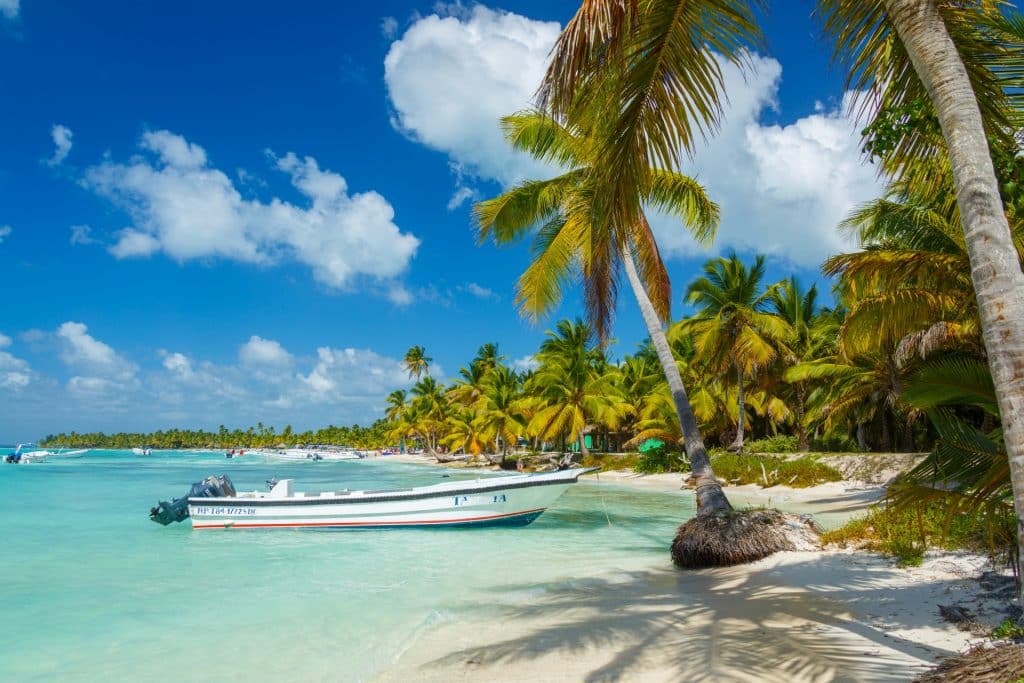
Mention the Enlightenment today and there’s a good chance you’ll find yourself in a debate about its contribution to scientific racism, modern imperialism, exploitation, and genocide. A question not raised as often is whether the Enlightenment ideal of rational individualism was a truly ‘Western’ project.
The big idea at the heart of this book, one that Graeber expanded on in his 2021 best seller with David Wengrow The Dawn of Everything, is that the Enlightenment was not solely the product of European thought and European thinkers, but was influenced by the societies Europeans encountered when they began sailing the world in search of trade and treasure.
The hero in The Dawn of Everything is Kandiaronk, a Wendat chief from the eastern shores of Great Lakes who debated politics over dinner with the governor of Montreal, visited Paris, ridiculed the French for their passive allegiance to an all-powerful king, and shamed them for their callous treatment of the poor. His story spawned a play, an opera and animated discussion in the Enlightenment salon of Madame de Tenchin. All of which, according to Graeber, was well known to Jean Jacques Rousseau, whose essay Discourse on Inequality became a major influence on Enlightenment thought by arguing that inequality was not a natural phenomenon but a product of society.
In Pirate Enlightenment, Graeber charts the rise and fall of a colony of ex-Caribbean pirates hiding out on the east coast of Madagascar at the beginning of the eighteenth century. Numbering a thousand at their peak and intermarried with the Malagasy, their descendants the Zana-Malata organised a loose federation of autonomous egalitarian settlements, the Betsimisaraka (‘many inseparables’) Confederacy under Ratsimilaho, son of English pirate Thomas Thew and Malagasy princess Antavaratra Rahena. While this experiment in democracy only lasted from 1720 to 1756, the Betsimisaraka are listed as the second largest ethnic group in Madagascar today making up fifteen percent of the population.

Inequality is a theme that runs through Graeber’s work from his doctoral studies in Madagascar to his role in the Occupy movement and his many essays. Hierarchies of power might be everywhere Graeber argues, but they are neither natural nor inevitable.
There are many other ways to organise society, the pirate code being a case in point. Pirate captains were elected by the crew and all decisions put to the vote except in battle, the rationale being that the mutinous behaviour which led to piracy would become a never-ending cycle if pirates adopted the strict hierarchical command structure of ships at sea.
Madagascar became a refuge for Atlantic pirates when they discovered there were greater riches in the Indian Ocean that were less well protected than Spanish treasure ships and Caribbean traders. Adam Baldridge from Jamaica was the first to arrive in 1690, setting himself up as commercial agent to New York ‘business man’ Samuel Philipse. A string of others soon followed, including Thomas Thew (1693), Henry Avery (1694), Captain William Kidd (1694) – who was sent to supress piracy and switched sides, Robert Culliford (1696), Edward Welsh (1698), Nathaniel North (1699) and Thomas White (1704).
The pirates’ presence not only seeded an experiment in democracy by bringing their code on to shore, but they also put on a show for European visitors that was as carefully stage managed as any Potemkin village, convincing East India Company agent Clement Dowling that their confederacy dominated the south-west Indian Ocean with:
“…thousands of pirates and confederates of all nations, with a vast fleet of warships, seeking allies.”
The Swedish government signed a treaty with their envoys in 1718 before discovering the ruse, and Peter the Great briefly contemplated an alliance to establish a Russian colony in Madagascar. But the lasting legacy of this experiment in governance was its influence on popular culture through Captain Charles Johnson’s play, The Successful Pyrate, published in 1712, the year the first pirate envoys arrived in France, Daniel Defoe’s book The King of Pirates published in1720, and Johnson’s 1724 A General History of the Pyrates.
If you search for accommodation on the east coast of Madagascar today, you’ll find rooms at the beachfront Hotel Libertalia on Ile Sainte Marie from £51 a night, located in the cove where Adam Baldridge founded the town of that name in 1691. Here’s how Graeber describes Libertalia in its heyday:
“…a notorious pirate base with fortress, refitting centre and emporium, replete with a small town, whose population might fluctuate depending on the season between a few score to over a thousand active and retired freebooters, runaways, escapees of one sort or another, along with their various Malagasy wives, allies, merchants and hangers on.”
Madame de Techin’s was the first of the Enlightenment salons in Paris to welcome foreign visitors, and it’s not hard to imagine how eagerly her ‘menagerie of beasts’, as she referred to her guests, might have embraced libertarian tales from the other side of the world.
Pirate Enlightenment, Or The Real Libertalia, David Graeber, Penguin 2024 (originally published as Les Pirates des Lumieres by Libertalia Press, Paris 2019)



